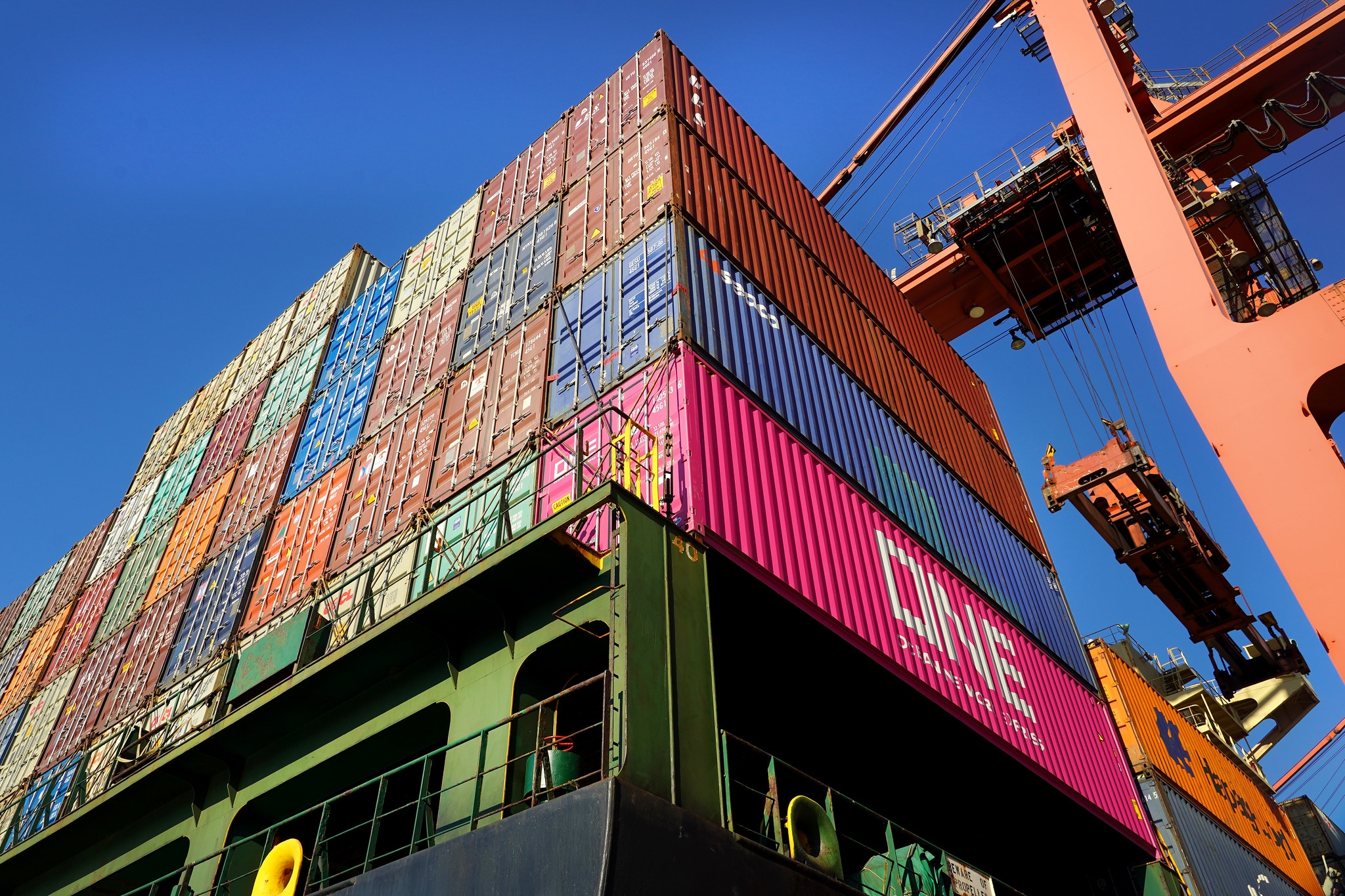
Public-private food safety controls for horticultural exports
STDF/PG/65
Start:
01/12/2005
End:
30/06/2010
Status
Completed
Project value (US$)
572,724
STDF Contribution (US$)
572,724
Beneficiaries
Guinea
Show more
Implementing entities
United Nations Conference on Trade and Development (UNCTAD)
Show more
Partners
Institute for Marketecology (IMO), Switzerland
Show more
This project aimed to improve market access for producers in Guinea by opening up new market opportunities through compliance with GLOBALG.A.P, sanitary and phytosanitary (SPS) requirements and retailers’ agri-food safety standards.
Support was needed to help Guinea’s small and medium-scale agri-food producers, traders and exporters meet internationally accepted (private) standards and improve supply-side infrastructure and services.
The project increased the potential for market participation for over 1,500 small farmers producing potatoes and pineapples for the export market.
Under the project, there was a review of the national legislation on food quality, and a Public Inspection Force to control quality aspects and SPS issues was set up. Training and procedure manuals were published and a website sharing project results and teaching materials was developed.
A safety assurance task force was trained under the project to assist Guinean small producers and SMEs to put in place safety control systems. In three pilot farms seeking certification, Good Agricultural Practices (GAP) and systems including Hazard Analysis and Critical Control Points (HACCP), ISO 9000, ISO 22000, and those for commercial standards, were rolled out.
The project built the capacity of the CERE laboratory in charge of issuing phytosanitary certificates to horticultural producers and exporters, and a needs assessment identified gaps in equipment and facilities.
Thanks to a collaborative partnership set up between a Moroccan accredited certification laboratory and the CERE laboratory (Centre d’Étude et de Recherche en Environnement), national public and private auditors were trained on pesticide residue and microbiology analysis. This, in turn, has supported the pilot farms to meet GLOBALG.A.P protocols.
Under the project, there was a review of the national legislation on food quality, and a Public Inspection Force to control quality aspects and SPS issues was set up. Training and procedure manuals were published and a website sharing project results and teaching materials was developed.
A safety assurance task force was trained under the project to assist Guinean small producers and SMEs to put in place safety control systems. In three pilot farms seeking certification, Good Agricultural Practices (GAP) and systems including Hazard Analysis and Critical Control Points (HACCP), ISO 9000, ISO 22000, and those for commercial standards, were rolled out.
The project built the capacity of the CERE laboratory in charge of issuing phytosanitary certificates to horticultural producers and exporters, and a needs assessment identified gaps in equipment and facilities.
Thanks to a collaborative partnership set up between a Moroccan accredited certification laboratory and the CERE laboratory (Centre d’Étude et de Recherche en Environnement), national public and private auditors were trained on pesticide residue and microbiology analysis. This, in turn, has supported the pilot farms to meet GLOBALG.A.P protocols.
To promote sustainability pilot farms need to have sufficient resources – including funding, equipment, know-how, business acumen, labour supply – with participants able to extend the project activities.
Beneficiaries
Close
Partners
Close
Implementing Entities
Close